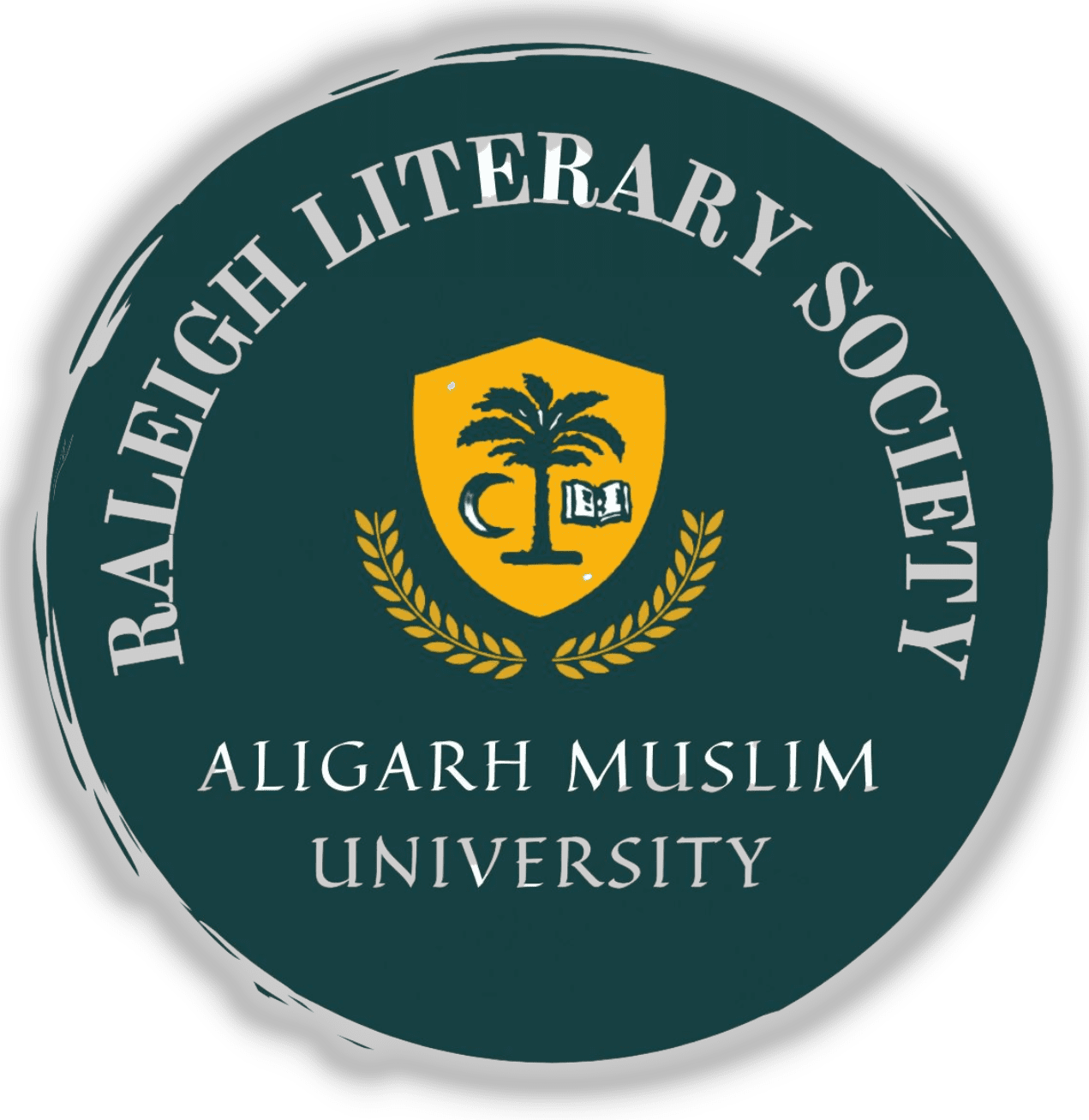



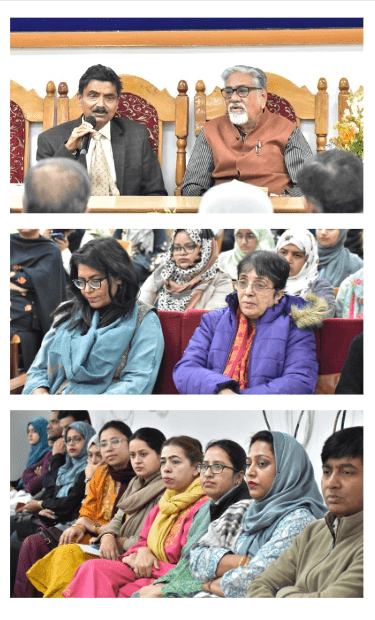
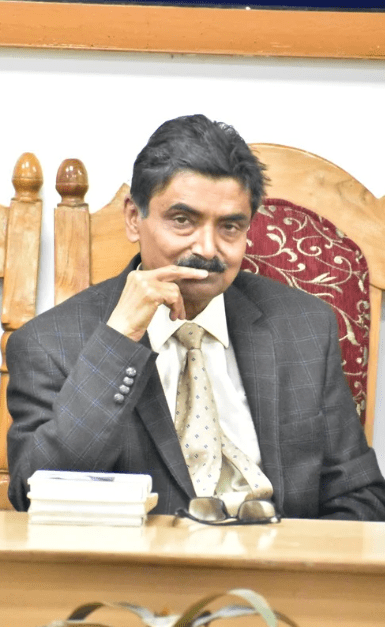
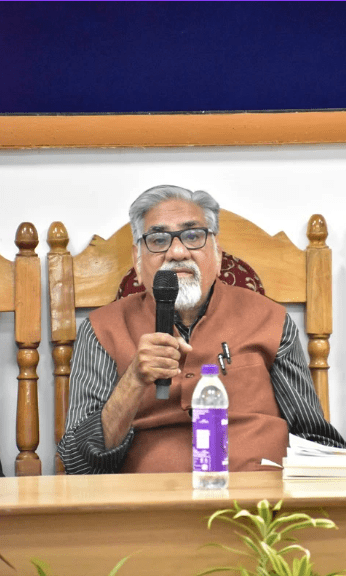
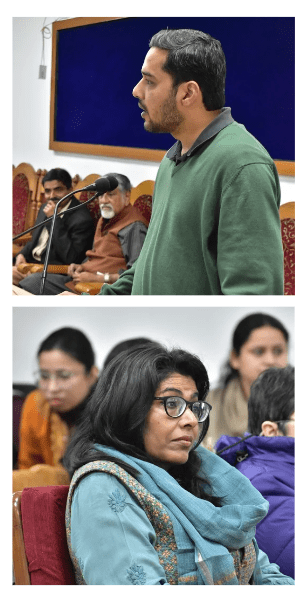
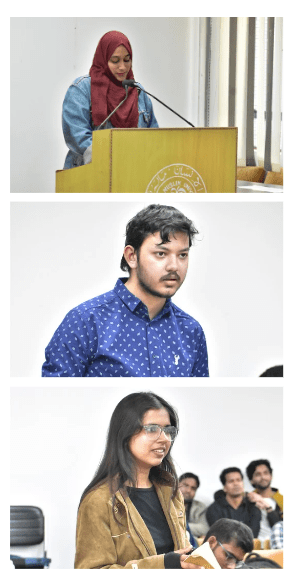
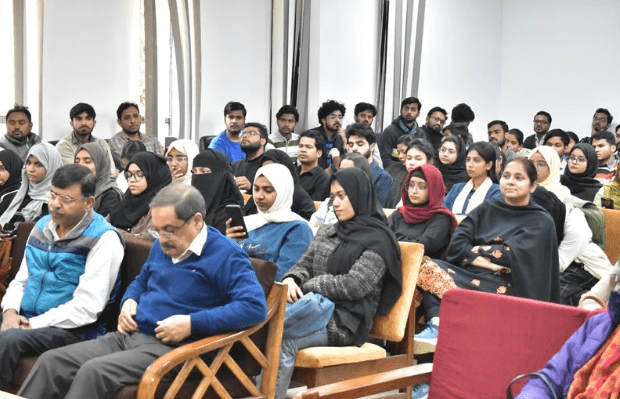
“A good short story slaps the person into a new awareness.” - Thomas Hardy On 24th February at 12 noon, a captivating event featuring a conversation between Professor Mohammad Asim Siddiqui and Professor Harish Narang was organised by the Raleigh Literary Society. The renowned translator came out with his second book of translations titled "Manto: Stories - Well Known, Less Known, Ill Known,". The discussion covered various aspects of Manto's literary contributions, delving into the profound themes and narrative techniques employed by the iconic writer. Professor Narang shared the origins of his fascination with Manto, outlining the compelling factors that drew him to the legendary writer's works. The conversation explored Manto's powerful narrative on partition in Toba Tek Singh, showcasing his secular and humanist attitude, even in the backdrop of the violence. Professor Narang underscored Manto's mastery of irony and satire, presenting him as not only a storyteller but a keen observer of societal issues. He admired Manto's representation of the struggles of the subaltern and his critical take on post-colonial issues. The conversation touched upon Manto's writing techniques and his approach to different genres and also highlighted Manto's open letters, including one to Pt. Nehru, showcasing the writer's fearlessness and commitment to his craft. Professor Asim Siddiqui steered the conversation into the challenges Manto faced, particularly the charges of obscenity. Professor Narang passionately defended Manto's legacy, emphasising that Manto's impact transcended the narrow categorization often imposed on him. He also challenged the perception that Manto was conventional, citing examples like "Kali Shalwar", emphasising on Manto's portrayal of women, particularly those forced into difficult circumstances, showcasing his feminist perspective and ideas beyond his time. At the conclusion of the discussion, Professor Asim Siddiqui thanked Prof. Narang for his informative presentation and addressed the session's outcomes. Mr. Danish Iqbal delivered the concluding remarks on the insightful conversation into Manto’s stories. He emphasised that Manto’s legacy serves as a catalogue of violence, showcasing the depth of human depravity and left the audience with a question of “how far can manto's humanism take us in understanding the world today?” This was followed by a question-answer round that brought out the nuances of translating stories and Manto’s legacy. A memento was then presented to Professor Narang by Professor Asim Siddiqui. Mr. Shams Udhoha Khan delivered the vote of thanks while Ms. Mohsina conducted the session.